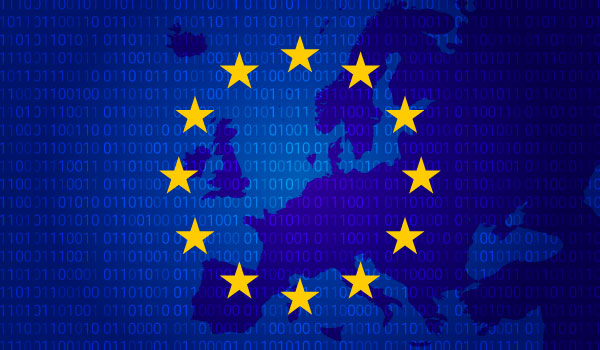The United States wants to standardise the use of electronic invoicing and is launching a pilot project.
The use of electronic invoicing in the world is unstoppable. More and more countries are adopting e-invoicing and also regulating its use among companies. Latin America was the first region to commit to e-invoicing. Today, European countries are rapidly moving in the same direction. And the United States, which seemed to be lagging behind, has taken a step forward to digitise the exchange of invoices between companies and/or organisations.
In this regard, the Business Payment Coalition (BPS) and the Federal Reserve will launch a pilot project to standardise the use of B2B electronic invoicing in the United States. The aim of the pilot is to design an electronic invoice model and create a document exchange network. This is similar to what Europe has done with PEPPOL so that all US companies, whether large or small, can use e-invoicing.
Companies that want to contribute and participate in this project can apply to the expression of interest form. The pilot project wants to involve corporations, technology providers, ERPs, associations, etc. The aim is to design a model that adapts to the real needs of all actors that play an important role in the exchange of electronic documents.
A bit of context
In 2017, the Association for Financial Professionals (AFP) published a catalogue of all the electronic invoicing standards used in the United States. It listed more than 40 different standards.
Dealing with this variety of standards is within the reach of large corporations, but very unrealistic for small and medium-sized enterprises. As a result, e-invoicing adoption was only 25%. The rest of the companies managed their invoices by e-mail. A way of doing this that is accessible to all, but very manual and not very optimised.
For this reason, the United States is already working to build a common framework so that all companies, large and small, can benefit from the automation of this process. The BPS and collaborating companies will spend 2021 and 2022 developing the e-invoicing project in the United States before extending it to the entire business community.
Do you want to keep up to date with the latest legislative developments in e-invoicing around the world? Subscribe to our monthly newsletter!











